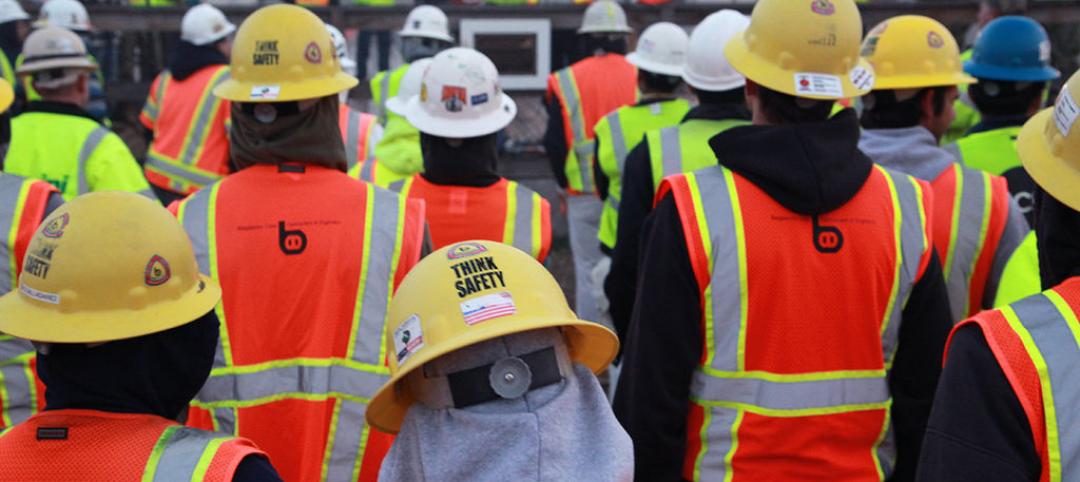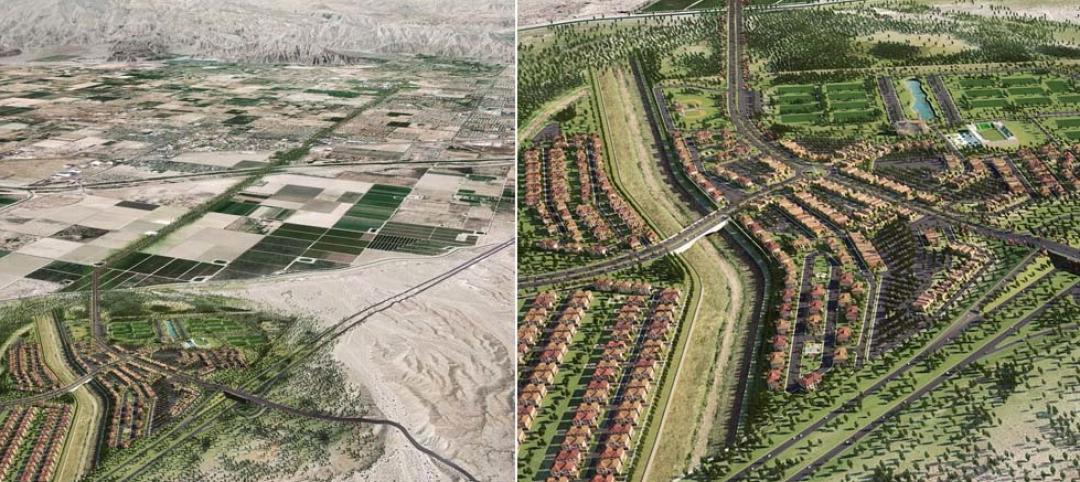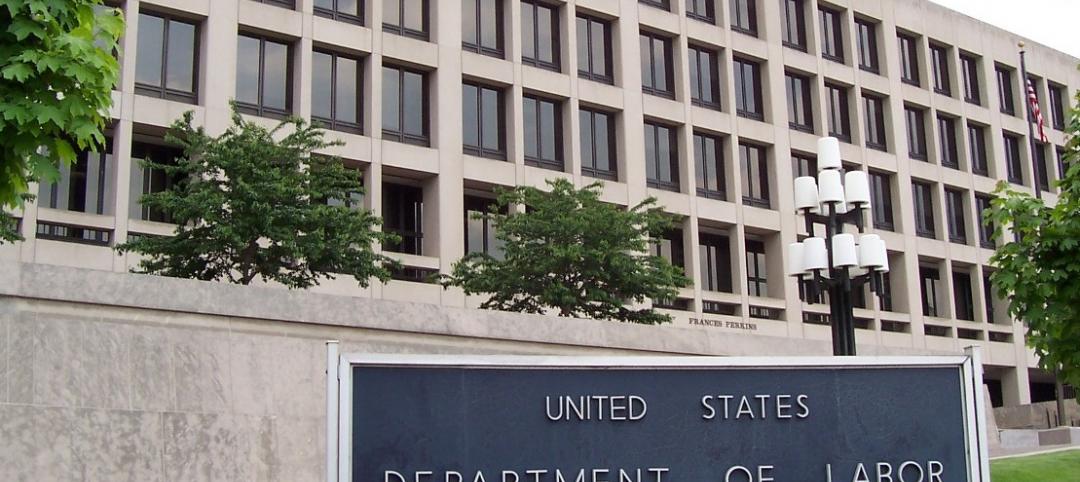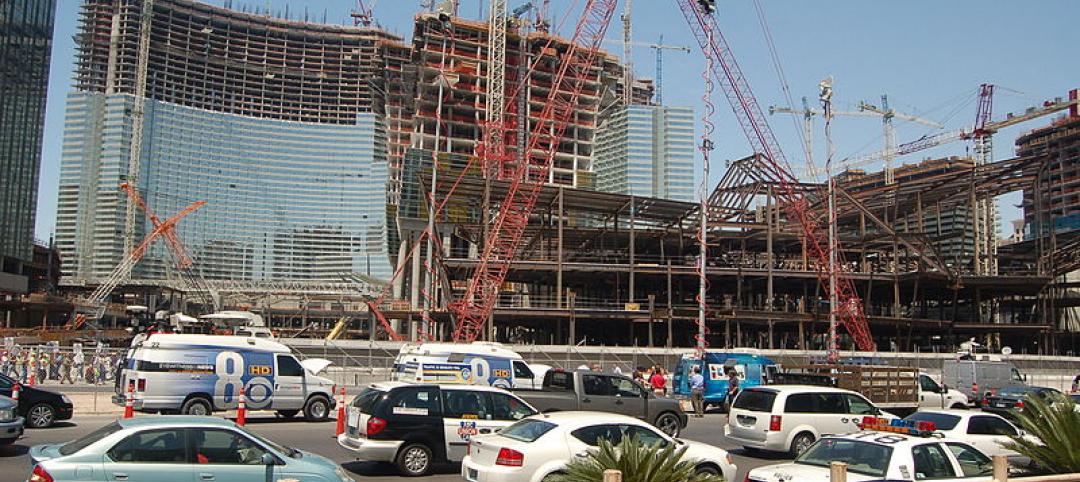According to the International Energy Agency (IEA), buildings and the construction sector combined are responsible for nearly 40% of total direct and indirect CO2 emissions.
Emerging technologies are making it possible to mitigate that impact by turning buildings into power plants, a concept called building-integrated solar power (BIPV). Rack-mounted PV arrays on rooftops are the most common way to generate solar power on buildings, but this solution has some drawbacks.
Some consider rack-mounted PVs as eyesores, particularly when considered for historic buildings. This can be a barrier to wider adoption in urban architecture.
Other options including monocrystalline solar panels, dye-sensitized solar cells, and perovskites make it possible to alter the color of solar power generating cells. This makes them more attractive than conventional PVs and suitable for use on facades and walls. In some formulations, these materials can be made semi-transparent so that they can be used for fenestration.
Related Stories
| Jul 16, 2014
Massive $6.5 billion Silicon Valley development gets key city approval
The Santa Clara (Calif.) City Council approved the next steps for a massive development project next to Levi’s Stadium, the new home of the San Francisco 49ers.
| Jul 11, 2014
California Supreme Court rules that architects can be sued by condo association
The decision held that even though, on most projects, the developer has the final say on design choices, the architect can’t escape liability to the end user.
| Jul 10, 2014
Latest construction accident fatality statistics reverse trend of declining deaths
The latest data on construction site fatalities for 2012 shows a rise in the death rate to 9.9 per 100,000 workers after 2011 had reached a recent low of 9.1 per 100,000, according to an analysis of data by the AFL-CIO.
| Jul 10, 2014
EPA seeking public comments on site contamination rules
The Environmental Protection Agency (EPA) is accepting public comment on its proposal to eliminate the dual standard for compliance with rules pertaining to testing of land that may have been contaminated by chemical pollution.
| Jul 10, 2014
Southern California city considers new water fee for developers
A persistent drought in Southern California could lead to a water fee for new construction projects in Ventura.
| Jul 1, 2014
$1 billion master planned development in California clears key hurdle
Plans for a new section of the proposed $1 billion La Entrada master-planned community in Coachella, Calif., moved ahead after the developer and city council agreed that the plan would include 500 affordable housing units.
| Jul 1, 2014
Dept. of Labor reaches settlement for $5 million in back wages for workers on federally assisted project
The U.S. Department of Labor and MDG Design & Construction LLC have reached a settlement over wage violations at the federally-assisted 26-story Grand Street Guild rehab project in New York City’s Lower East Side.
| Jul 1, 2014
GSA, Homeland Security research leads to performance-based design guide
The National Performance Based Design Guide, based on research and development supported by the Science & Technology Directorate of the Department of Homeland Security and the Public Buildings Service of the General Services Administration, is now available.
| Jul 1, 2014
FEMA grant helps fund school theater that will double as tornado safe room
Scott City School District in Missouri recently broke ground on an 8,990-sf performing arts theater that will also function as a tornado safe room.
| Jun 30, 2014
Research finds continued growth of design-build throughout United States
New research findings indicate that for the first time more than half of projects above $10 million are being completed through design-build project delivery.















